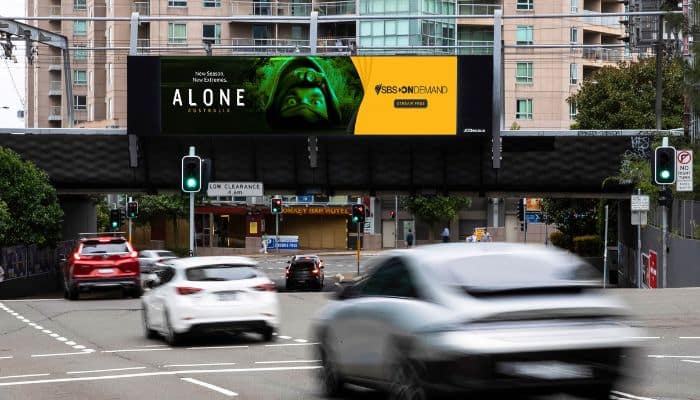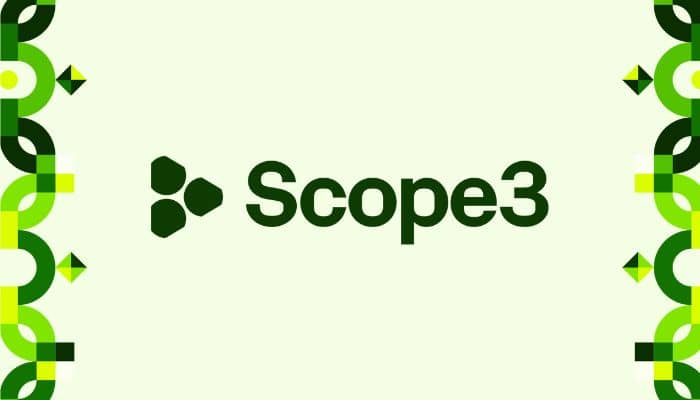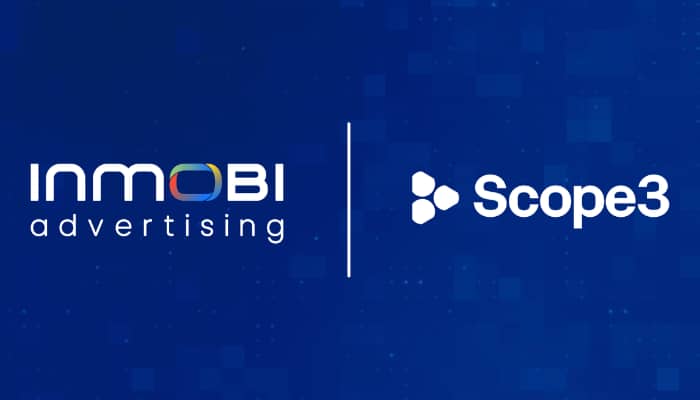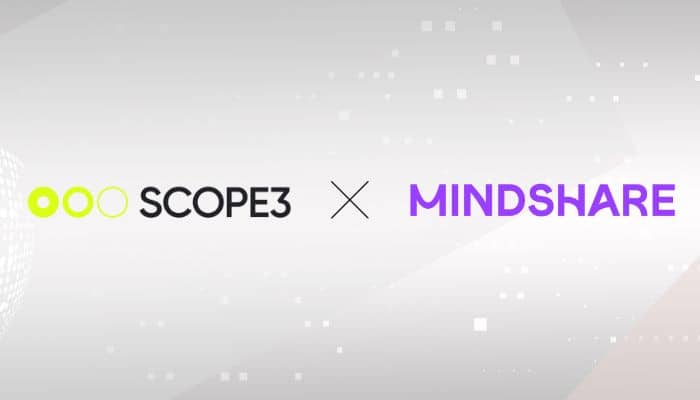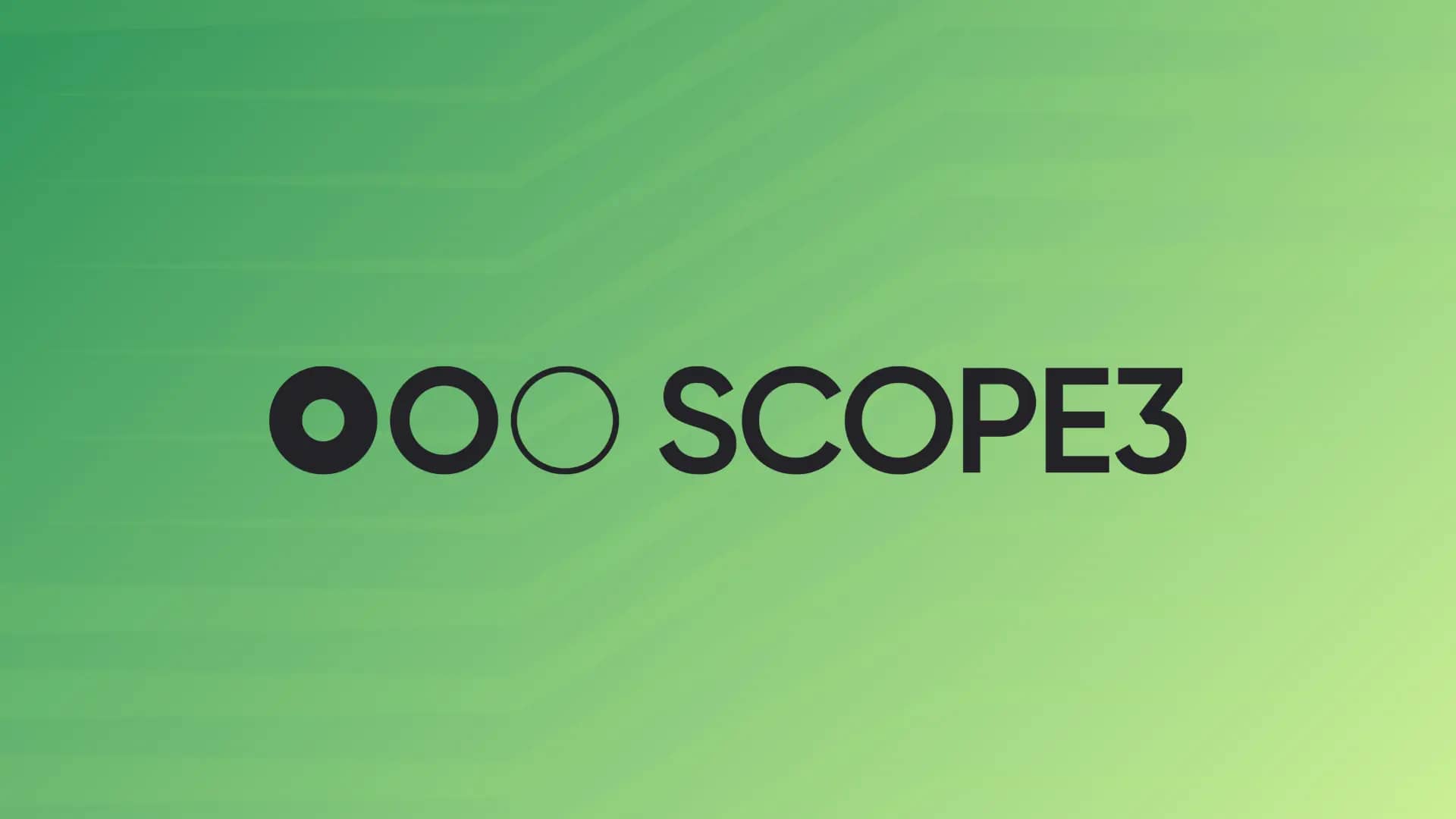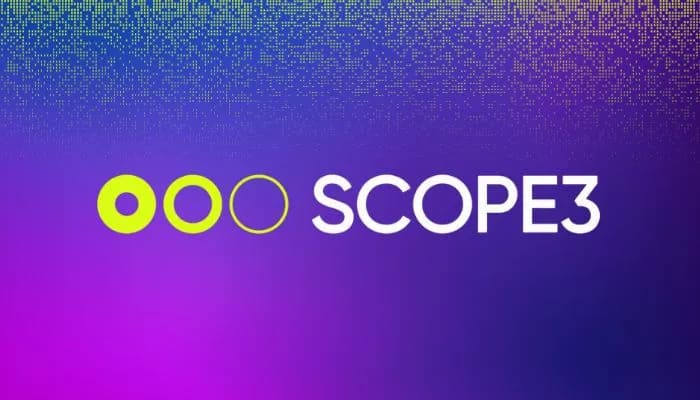Australia – JCDecaux has introduced a new way for advertisers to measure and reduce campaign carbon emissions with ready-made lower-emission programmatic networks powered by Scope3. These pre-selected networks across Small Format, Rail, and Large Format, enable advertisers to lower emissions by 31-53 percent compared to the Scope3 digital Out-of-Home benchmark.
SBS, through its media agency Hearts & Science, is the first client to take advantage of this new offering to promote the third season of Alone Australia. As a leader in sustainability within the Australian media industry, SBS has already achieved Net Zero for its direct emissions and is actively working towards reducing its Scope 3 emissions across its supply chain.
JCDecaux has been working with Scope3 to develop an industry-first methodology that enables advertisers to measure and reduce the carbon footprint of their out-of-home media activity. Out-of-home is the lowest-emission media channel available, proven to be four times more energy efficient than BVOD.
Brad Palmer, national programmatic director at JCDecaux, said, “Understanding and reducing carbon emissions can be daunting for advertisers, so we’ve made it simple. Our ready-made, lower-emission programmatic packages take the guesswork out of sustainable media buying, giving brands a straightforward way to reduce their impact while still reaching the right audiences effectively.”
Meanwhile, Uma Oldham, head of marketing and media at SBS, commented, “SBS is dedicated to innovative and responsible marketing strategies. We have done a lot of work to ensure we are at the forefront of decarbonising our operations. Access to clear emissions data, through a product such as this, means we can plan campaigns with greater accountability, helping us stay on track with our sustainability commitments.”
Lastly, Ashley Wong, chief digital & innovation officer at Hearts & Science, stated, “As a foundation supporter of Ad Net Zero we are committed to accelerating the decarbonisation of Australia’s advertising and marketing sector. Reducing emissions in media planning can often be complex, however JCDecaux’s programmatic packages provide a simple, measurable way for advertisers to make lower-carbon choices without adding complexity to the buying process. For Alone Australia, we selected JCDecaux’s Large Format network because it offers a seamless way to meet SBS’s sustainability goals while ensuring strong campaign reach.”

